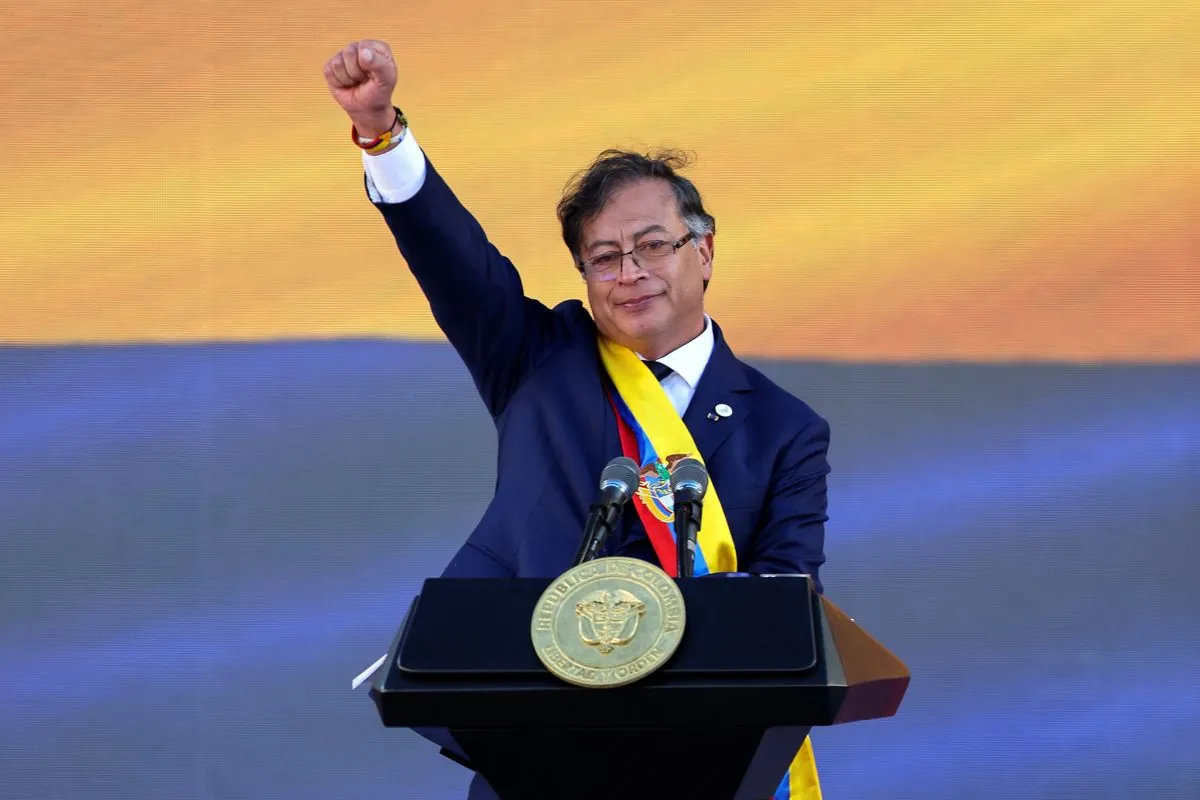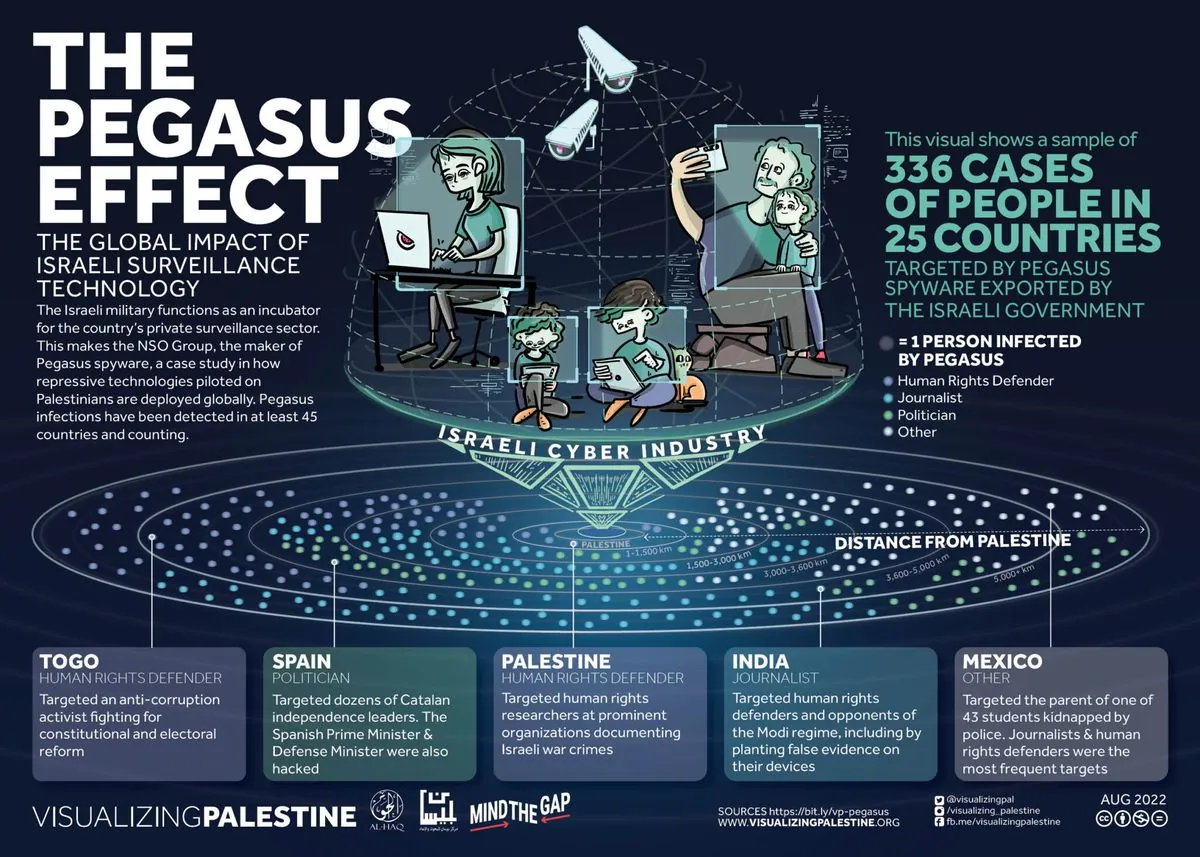Colombia Suspended from Global Anti-Money Laundering Network
Colombia loses access to crucial financial crime data after President Petro reveals confidential information. The suspension impacts the country's ability to combat illegal transactions and drug trafficking.

The Egmont Group, an international organization established in 1995 to combat money laundering, has suspended Colombia's access to its global information sharing platform. This decision comes after President Gustavo Petro publicly disclosed confidential information obtained through the group's secure network.
The suspension, announced on September 23, 2024, prevents Colombia from accessing a secure web platform used by 167 member countries to share data on financial crimes. This measure will remain in effect while the Egmont Group conducts further investigations into the situation.
Petro, who became Colombia's first leftist president in 2022, recently revealed during a televised speech that the previous administration, led by conservative President Iván Duque, allegedly paid $11 million in cash to acquire Pegasus spyware from an Israeli company in 2021. This sophisticated software, developed by NSO Group in 2010, can infiltrate both iOS and Android devices through zero-click attacks, allowing for undetected information gathering and control of a cellphone's camera and microphones.

The Colombian president claimed that the spyware was used to monitor activists and members of left-wing parties opposing Duque's government, including Petro himself. However, officials from the Duque administration have denied these allegations.
"This is the price of truth. Colombians now know how my predecessor 'paid' for Pegasus."
The revelation has raised concerns about the potential misuse of surveillance technology. In 2021, the Pegasus Project exposed widespread abuse of the spyware, with at least 45 countries reportedly using it to target over 50,000 politicians, journalists, and human rights activists. This prompted the United Nations to call for a moratorium on the sale of such surveillance technology.
Security analysts warn that Colombia's suspension from the Egmont Group's platform significantly weakens the nation's ability to detect illegal transactions made by drug trafficking groups and other criminal organizations. This is particularly concerning for Colombia, which has been combating drug trafficking for decades and remains the world's largest cocaine producer, with an annual drug trade estimated to be worth billions of dollars.
The suspension also impacts Colombia's efforts to combat money laundering, a significant issue tied to the country's drug trade. Since the 1990s, Colombia has implemented various anti-money laundering measures, leading to its removal from the Financial Action Task Force (FATF) grey list in 2015. The country's Financial Information and Analysis Unit (UIAF) plays a crucial role in these efforts.
As the Egmont Group continues its investigation, the international community watches closely to see how this situation will unfold and what implications it may have for Colombia's fight against financial crimes and its standing in the global anti-money laundering network.


































